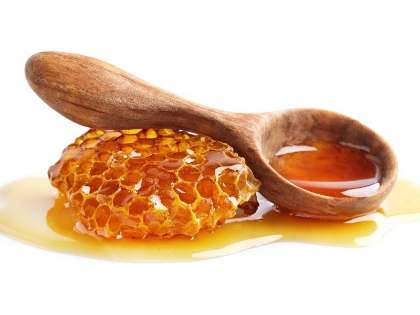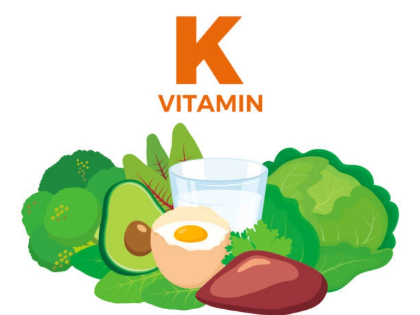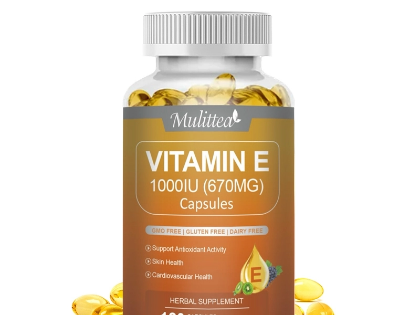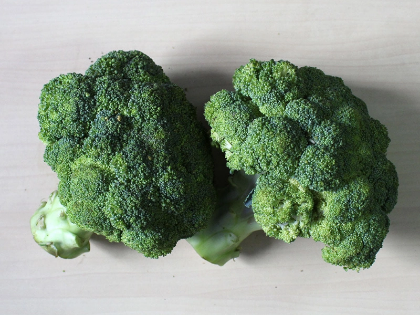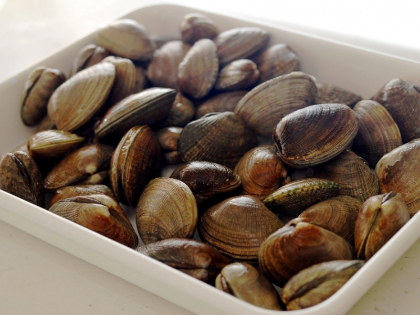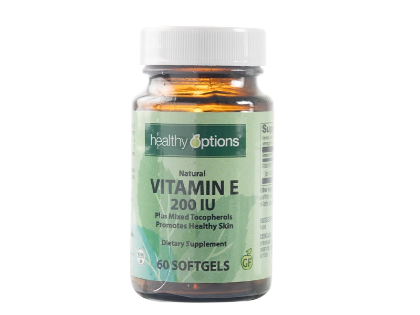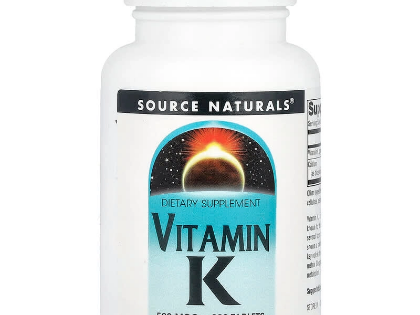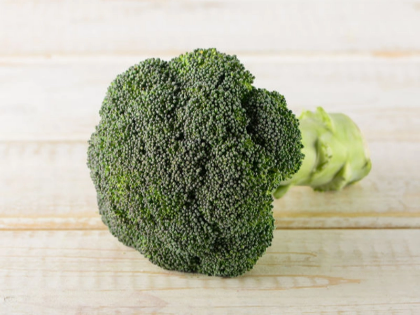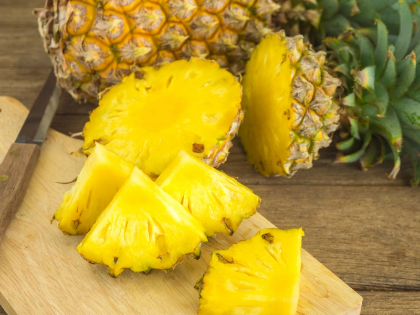The Importance of Vitamin E in a Balanced Diet
A necessary vitamin, vitamin E is mostly responsible for preserving general health. Strong antioxidant, it supports many body processes and shields cells from oxidative harm. Though its value is great, many people are not aware of how vital vitamin E is to their health. The many advantages of vitamin E, its sources, and how to make sure you include enough of it in your diet to support the best health are discussed on this page.
1. Know Vitamin E.
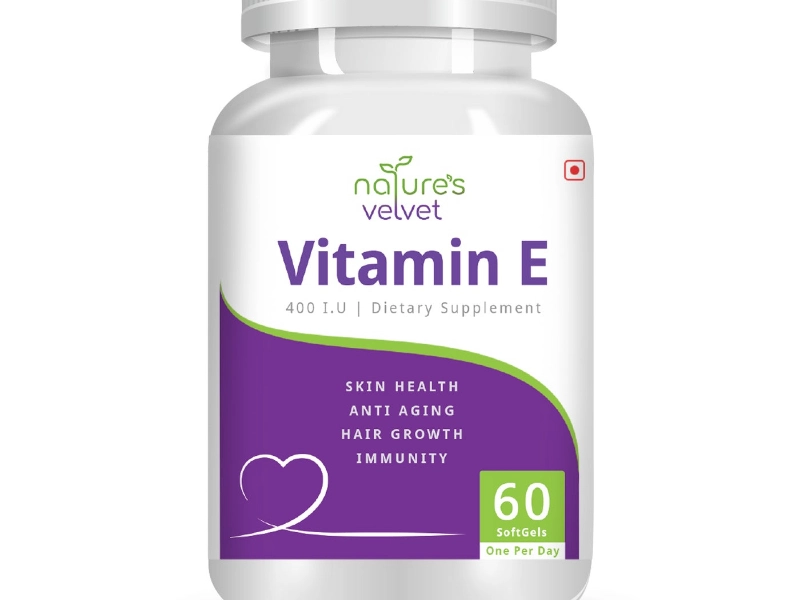
2. Vitamin E's health advantages
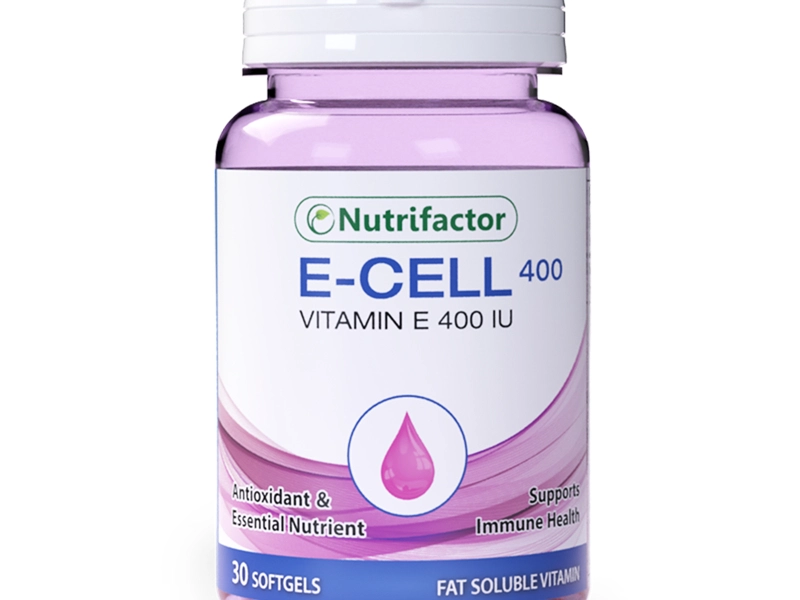 A balanced diet should include vitamin E since it provides so many health advantages. It supports the immune system among other important functions. Particularly in older persons whose immune response may fade with time, enough levels of vitamin E help the body fight off infections and disorders.
Vitamin E also has well-known effects on skin condition. It helps to preserve skin suppleness and hydration, therefore lessening the fine line and wrinkle appearance. Popular in many skincare products, its antioxidant qualities also shield the skin from UV damage. Moreover, studies imply that by enhancing general cardiovascular health and lowering inflammation, vitamin E could help to lower the risk of chronic diseases, including heart disease and some kinds of cancer.
A balanced diet should include vitamin E since it provides so many health advantages. It supports the immune system among other important functions. Particularly in older persons whose immune response may fade with time, enough levels of vitamin E help the body fight off infections and disorders.
Vitamin E also has well-known effects on skin condition. It helps to preserve skin suppleness and hydration, therefore lessening the fine line and wrinkle appearance. Popular in many skincare products, its antioxidant qualities also shield the skin from UV damage. Moreover, studies imply that by enhancing general cardiovascular health and lowering inflammation, vitamin E could help to lower the risk of chronic diseases, including heart disease and some kinds of cancer.
3. Dietary Vitamin E Sources
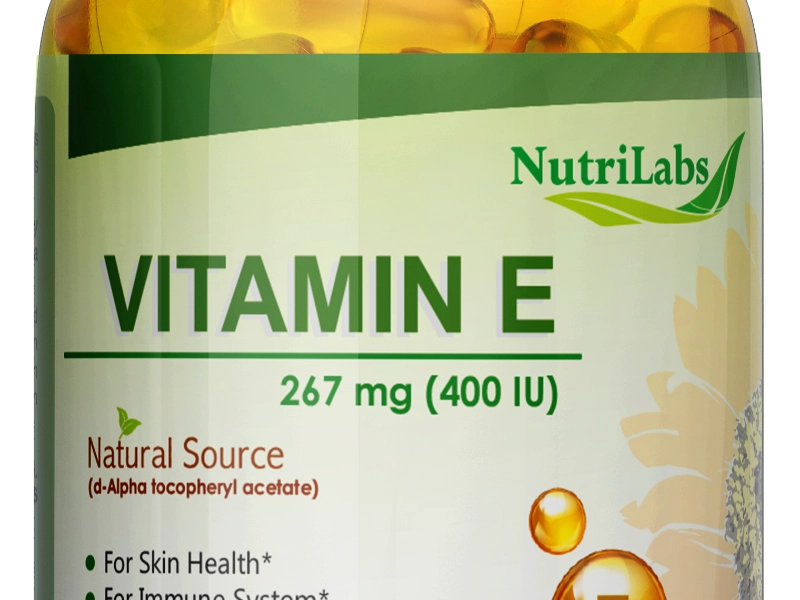 Meeting your dietary requirements calls for including foods high in vitamin E. Among the healthiest foods for you are nuts and seeds: almonds, hazelnuts, and sunflower seeds. These are a good snack choice since they give good fats, protein, and fibre in addition to vitamin E.
Excellent sources of vitamin E also are vegetable oils, especially sunflower, safflower, and wheat germ oil. Additionally helping you acquire your vitamin E are green leafy veggies like broccoli and spinach. Furthermore, low levels of this essential vitamin are found in fruits like avocados and kiwis. Including a range of these foods in your diet can help you to readily satisfy your daily vitamin E needs and take advantage of related health advantages.
Meeting your dietary requirements calls for including foods high in vitamin E. Among the healthiest foods for you are nuts and seeds: almonds, hazelnuts, and sunflower seeds. These are a good snack choice since they give good fats, protein, and fibre in addition to vitamin E.
Excellent sources of vitamin E also are vegetable oils, especially sunflower, safflower, and wheat germ oil. Additionally helping you acquire your vitamin E are green leafy veggies like broccoli and spinach. Furthermore, low levels of this essential vitamin are found in fruits like avocados and kiwis. Including a range of these foods in your diet can help you to readily satisfy your daily vitamin E needs and take advantage of related health advantages.
4. Recommended daily vitamin E intake
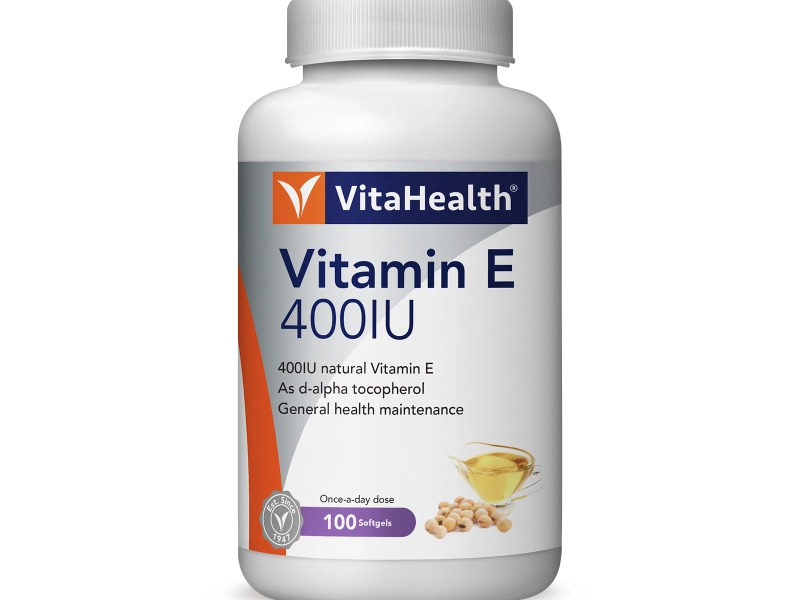 Maintaining ideal health depends on knowing the advised daily vitamin E intake. Age and gender affect the advised dietary allowance (RDA) for vitamin E. Adult RDA is roughly 15 milligrams (22.4 international units) daily. To maintain their health as well as that of their children, pregnant and nursing mothers could need somewhat more.
Although vitamin E is vital, too much supplementation may have side effects, including a higher risk of bleeding because of its blood-thinning action. Consequently, it is advisable to get vitamin E from food rather than depending just on pills. Usually including entire foods, a balanced diet will supply enough vitamin E to satisfy daily demands without running the risk of overdose.
Maintaining ideal health depends on knowing the advised daily vitamin E intake. Age and gender affect the advised dietary allowance (RDA) for vitamin E. Adult RDA is roughly 15 milligrams (22.4 international units) daily. To maintain their health as well as that of their children, pregnant and nursing mothers could need somewhat more.
Although vitamin E is vital, too much supplementation may have side effects, including a higher risk of bleeding because of its blood-thinning action. Consequently, it is advisable to get vitamin E from food rather than depending just on pills. Usually including entire foods, a balanced diet will supply enough vitamin E to satisfy daily demands without running the risk of overdose.
5. Vitamin E Deficiency Signs
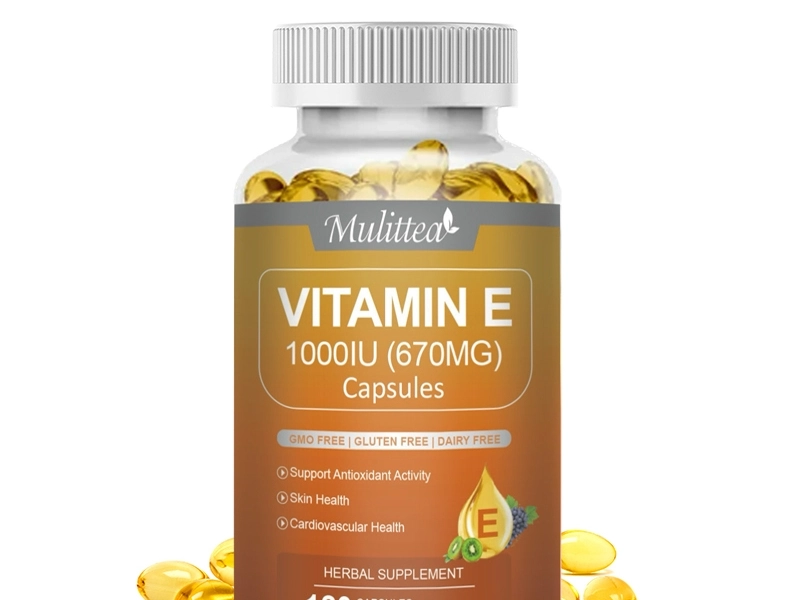 Given most people get plenty of vitamin E from their diet, vitamin E insufficiency is really rare. Certain hereditary diseases, malabsorption disorders, and extremely low-fat diets can all cause a deficit, though. Muscle weakness, visual issues, and a compromised immunological response are just a few of the vitamin E insufficiency symptoms.
Those who have digestive problems or who have had weight loss surgery could be more likely to have deficiencies, so they should pay special attention to their vitamin E levels. If you believe you may be deficient, you should see a healthcare expert for appropriate assessment and direction on dietary changes or supplements if needed.
Given most people get plenty of vitamin E from their diet, vitamin E insufficiency is really rare. Certain hereditary diseases, malabsorption disorders, and extremely low-fat diets can all cause a deficit, though. Muscle weakness, visual issues, and a compromised immunological response are just a few of the vitamin E insufficiency symptoms.
Those who have digestive problems or who have had weight loss surgery could be more likely to have deficiencies, so they should pay special attention to their vitamin E levels. If you believe you may be deficient, you should see a healthcare expert for appropriate assessment and direction on dietary changes or supplements if needed.
6. Vitamin E for Preventive Management of Chronic Diseases
Studies show that enough vitamin E intake might help to prevent chronic diseases. Its antioxidant qualities assist in lowering oxidative stress, which is a component in the development of many diseases, including cancer and heart illness. By stopping the oxidation of LDL cholesterol, a process that can cause artery plaque development, some studies imply that vitamin E might benefit cardiovascular health. Furthermore under investigation is vitamin E's possible influence in lowering some cancer risk. Although further studies are required to prove clear connections, some data points point to a reduced risk of prostate and colorectal cancers linked with greater vitamin E intake. Including foods high in vitamin E in your diet will help you be proactive in lowering your risk of chronic diseases and advancing long-term wellness.
7. Strategies for Including Vitamin E in Your Diet
Including vitamin E in your diet may be fun and simple. These ideas should help you boost your consumption: To make nutritious snacks, keep a range of nuts and seeds on hand. Particularly heavy in vitamin E are almonds and sunflower seeds. When cooking or dressing salads, choose oils high in vitamin E, including olive or sunflower oil. Incorporate in your meals spinach, kale, and other green leafy vegetables. They can be included in stir-fries, salads, and smoothies. **Enjoy Avocados**: Spread avocados or include them in your dishes. They are not only great but also supply vitamin E and good fats. Experiment with whole grains **here**. For a further nutritious boost, include whole grains such as wheat germ into cereals or smoothies. Little modifications in your dietary patterns may help you to readily boost your vitamin E consumption and enjoy the many health advantages it provides.

